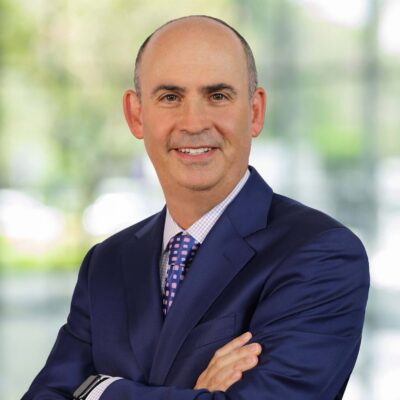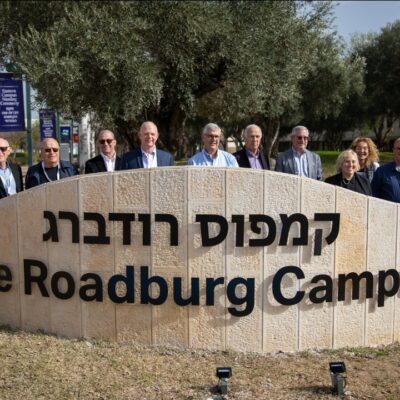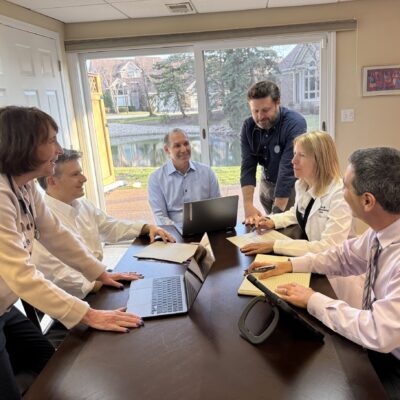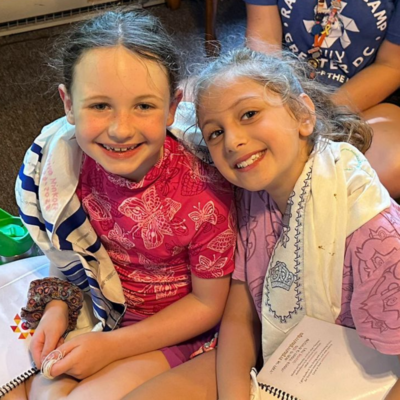How can the Reform Movement Revitalize its Presence on College Campuses?

By Sarah Joselow
eJewish Philanthropy
[Editorial note: Masters students at the Hebrew Union College – Jewish Institute of Religion Zelikow School of Jewish Nonprofit Management write theses or capstone projects involving original research about topics of interest to Jewish organizations. eJewish Philanthropy is highlighting some of their findings in the form of short articles with links to their theses on the Berman Jewish Policy Archive.]
Although Reform Jews represent the majority of American Jewry today, Reform Judaism is drastically under-represented on college campuses. The numbers speak for themselves: though Reform Judaism makes up by far the largest American Jewish movement, representing 35% of the overall Jewish population and 50% of those who identify with a movement, Reform Jews represent only 21% of rabbinic professionals currently employed by Hillel International (24 of 116 rabbis). While around 100 Hillels currently employ Campus Rabbis or Senior Jewish Educators, historically only four have ever hired Reform Rabbis specifically to serve their campus’ Reform communities.
It does not have to be this way. For the capstone project for my masters degree, I researched an innovative model for expanding the presence of Reform rabbis on campus. About five years ago, Rutgers University Hillel’s professional staff partnered with local rabbis to bring a Reform rabbi to campus. The program, known as the Reform Outreach Initiative (ROI), is partially funded by the local Reform community, and allows Rutgers to hire a full-time Reform rabbi whose primary job is to serve the campus Reform community and do outreach to un-affiliated Jews. If this program can be replicated at other Hillels, it has the potential to change the trajectory of Reform life on college campuses.
In order to evaluate this program’s potential for replicability, I conducted interviews with 13 individuals associated with the ROI and Hillel International. My research determined that Rutgers’ ROI program has succeeded in positively impacting Reform campus life, despite some programmatic limitations, and that with adjustments it can be replicated on other campuses. Over its first three years, the Rutgers ROI rabbi and their student interns succeeded in reaching over 1,200 previously unengaged students and tripling the size of the Reform minyan on campus. Though Rutgers’ ROI program has since faced challenges including a high level of staff turnover, significant changes to the ROI rabbinic portfolio, and a lack of clarity over program accountability, this initial success is promising. The idea at the core of the ROI program is what most merits national attention and replication: genuine partnership between Hillel and the Reform movement.
While national change can only take place when Hillel International and the Reform movement (through the URJ, CCAR, and/or HUC) partner on creating a country-wide strategy, the sheer existence of the Rutgers ROI program indicates that work can also be done on a micro-level on individual campuses. Any local Hillel professional who wants to better serve the non-Orthodox student populations on their own campus need not wait to begin reaching out to local rabbis and exploring the possibility of a program like Rutgers’ ROI to their own campus. There is much creative organizing work that can – and should – be done to better serve the needs of the liberal Jewish student population.
Sarah Joselow recently completed a masters degree in Jewish Nonprofit Management at the Hebrew Union College-Jewish Institute of Religion, where she is also a fifth-year rabbinic student. She will receive her rabbinic ordination in May and hopes to focus her rabbinate on campus work. She can be reached at sjoselow@gmail.com. Her masters thesis can be read here.

 Add EJP on Google
Add EJP on Google










